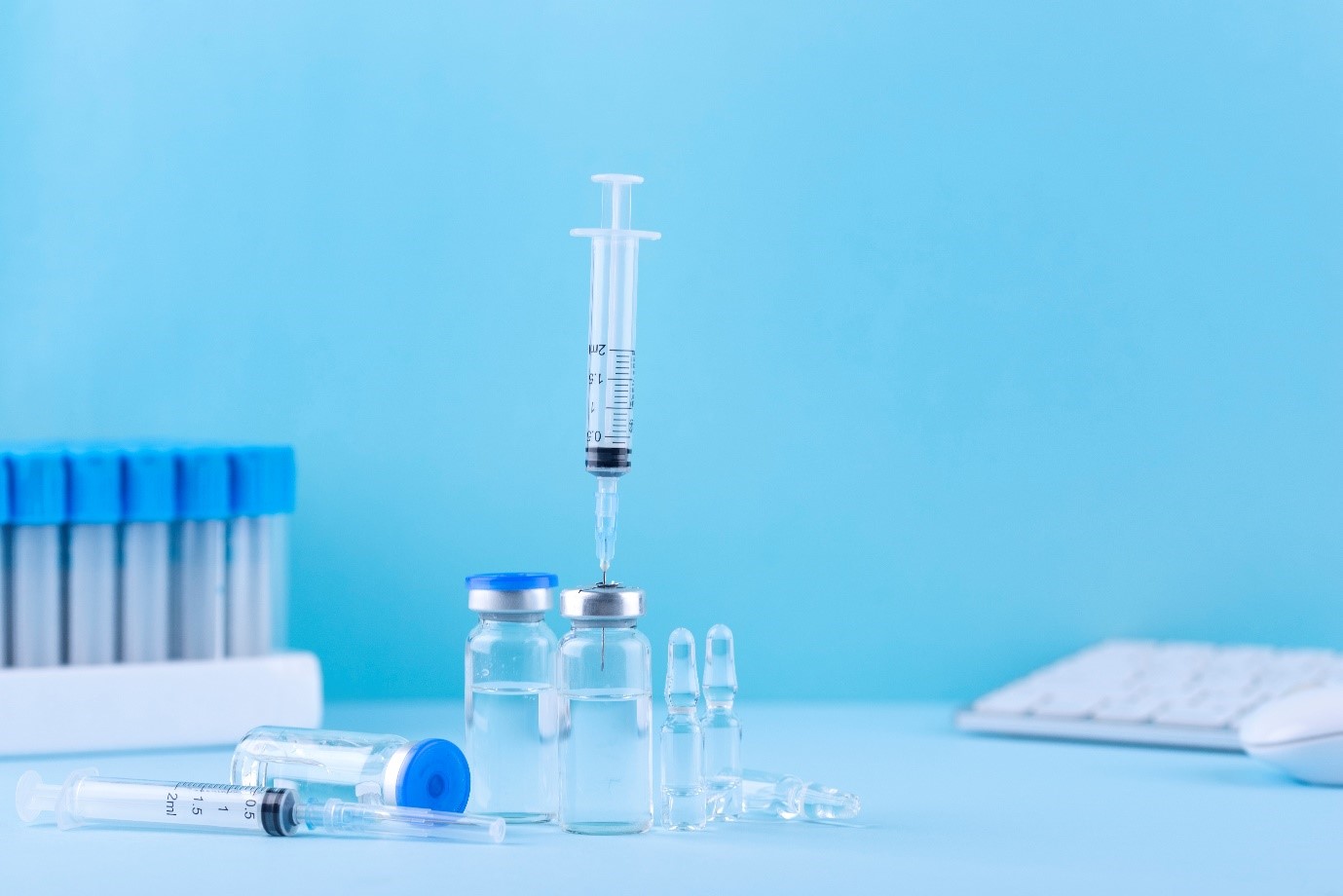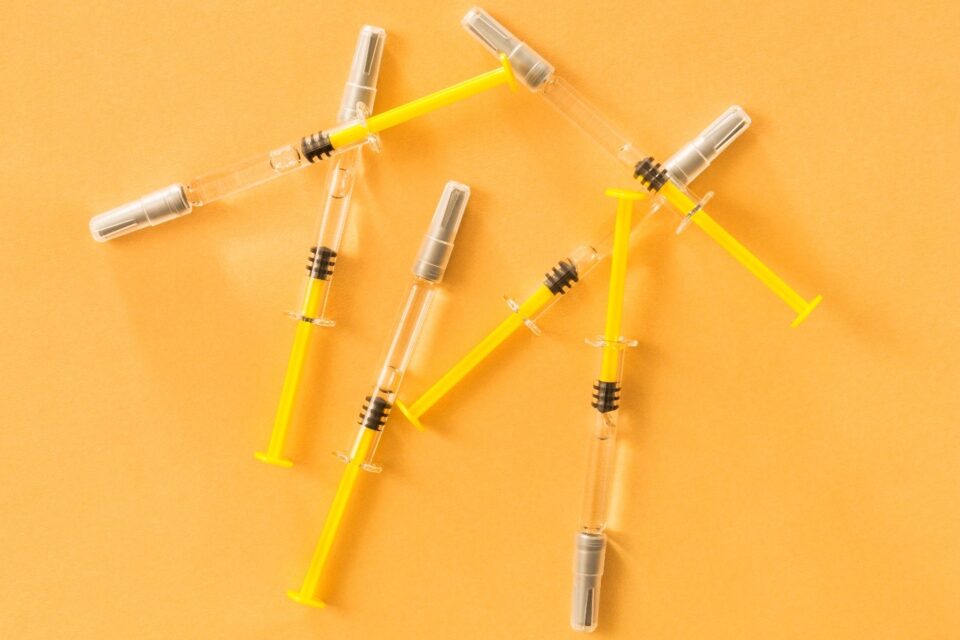Table of Contents
Introduction-
The world of scientific research is a fascinating one, teeming with a myriad of tools and equipment designed for precision and accuracy. One such tool, vital across multiple scientific disciplines, is the serological pipette. These instruments play a crucial role in laboratories, particularly in medical research, biochemical analysis, and microbiology. But what are the different types of serological pipettes, and how are they used? Let’s delve into the intriguing world of these essential laboratory tools.
Understanding Serological Pipettes-
Serological pipettes are a type of laboratory tool used for transferring specific volumes of liquid. They are typically made of glass or plastic and are marked with graduations to indicate the volume. They are an essential part of any laboratory, used in various research fields, from biochemistry to microbiology to medical research.
Serological pipettes are an indispensable tool in any lab dealing with liquids, be it a high-tech research facility or a humble school science classroom. These slender, elongated instruments allow for precise measurement and transfer of liquid solutions, which is crucial in ensuring the accuracy of experimental results. The tapered tips of serological pipettes facilitate smooth and controlled dispensing of liquids, minimizing the risk of spillage or contamination.
Types of Serological Pipettes-
There are three main types of serological pipettes: reusable glass pipettes, disposable plastic pipettes, and electronic pipettes. Reusable glass pipettes are durable and can be sterilized for repeated use, making them a cost-effective choice for many laboratories. Disposable plastic pipettes, on the other hand, are perfect for one-time use, eliminating the risk of cross-contamination. Electronic pipettes are the most advanced, offering unparalleled precision and ease of use, but they come with a higher price tag.

Uses of Serological Pipettes-
Serological pipettes are used in various scientific fields. In medical research, they are used for precise measurements of liquids, crucial for experiments and tests. In microbiology, they are used for transferring bacterial cultures, and in biochemistry, they are used for exact measurements of chemicals for reactions.
Serological pipettes are a staple in many laboratories, with uses that span across various scientific sectors. Crucial in fields such as microbiology, chemistry, and biochemistry, these precision instruments are indispensable for tasks requiring accurate volume measurements and fluid transfer. In essence, serological pipettes are the unsung heroes of the lab, ensuring accurate and consistent results in research and testing.
Their design is rooted in function, with clearly marked gradations that make it a breeze to measure specific volumes. Plus, they come in different sizes to accommodate varying volume needs. From conducting cell culture work to dispensing reagents, serological pipettes provide unparalleled accuracy. Their utility is further underscored in clinical settings. For instance, they are used in serological testing, a crucial component in diagnosing diseases, and verifying vaccine efficacy.
Remember, the quality of your lab results is only as good as the equipment used. So, investing in premium serological pipettes isn’t just a choice; it’s a necessity. When accuracy counts, these precision tools are the go-to choice for scientists and researchers across Australia and beyond.
Features of Serological Pipettes-
Serological pipettes are designed for precision and ease of use. They feature clear graduations for accurate measurements, and most have color-coded bands for easy identification of their volume capacity. Some high-end electronic pipettes even feature digital displays for exact volume settings.
Maintenance and Care for Serological Pipettes-
Proper maintenance of serological pipettes is vital for their longevity and accuracy. For reusable glass pipettes, regular sterilization is essential to prevent cross-contamination. Disposable pipettes should be appropriately disposed of after use. Electronic pipettes require regular calibration and battery replacement to ensure their accuracy.
Conclusion-
Serological pipettes are indispensable tools in the world of scientific research. Understanding the different types and their uses can help researchers choose the right pipette for their specific needs. Whether it’s a durable glass pipette for repeated use, a disposable plastic pipette for ease and safety, or a high-tech electronic pipette for utmost precision, there’s a serological pipette for every laboratory task.

